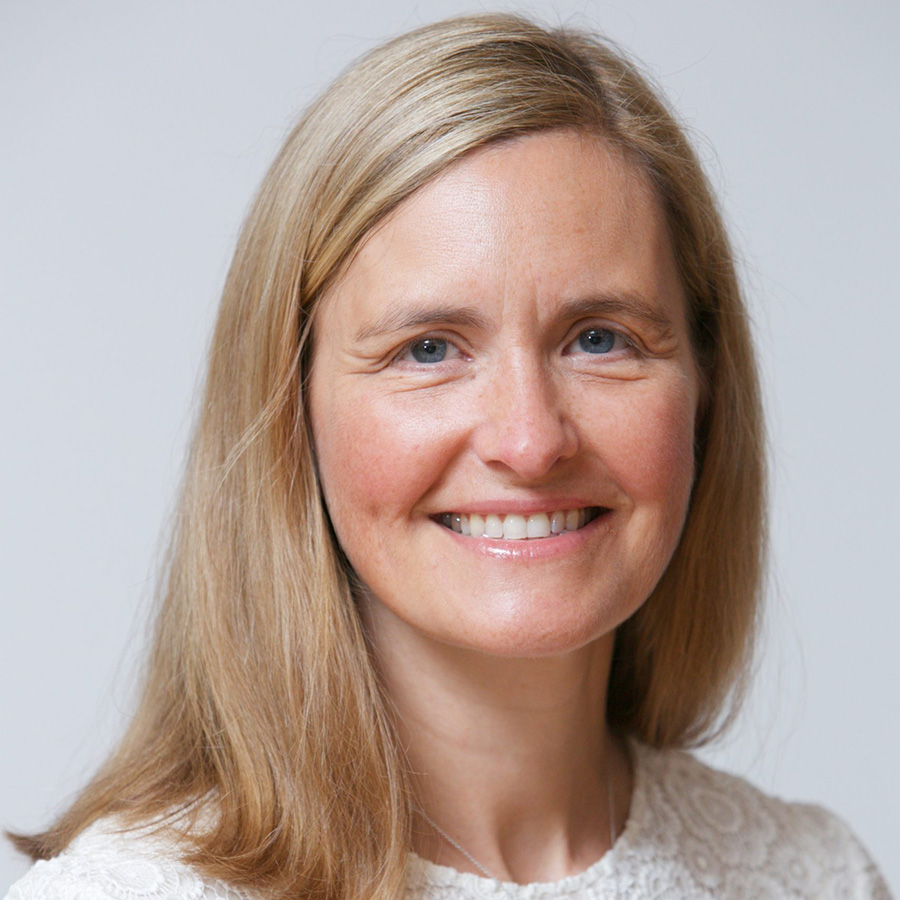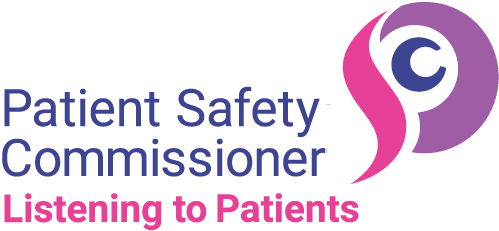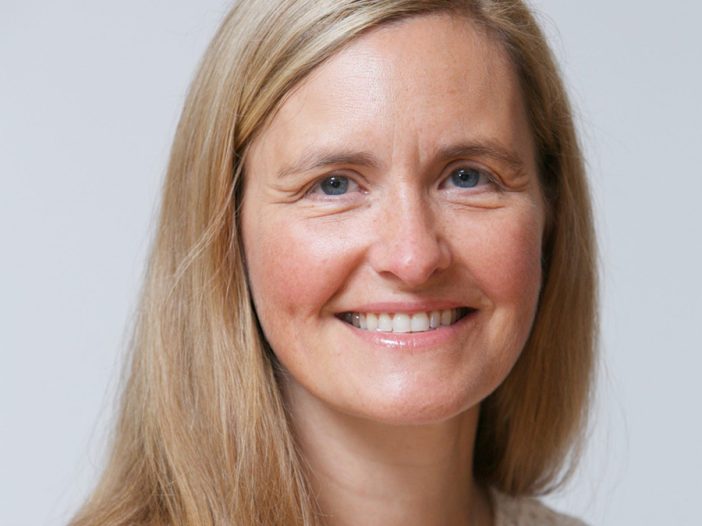
How do we make change happen at scale across a complex health system? It has been said that the best way to understand something is to try to change it. Through the sprint policy development meetings to devise the plan to make Martha’s Rule a success in England, we heard from a wide range of groups and organisations which already have patient-activated reviews in place as this about what is already working and some of the barriers that might impact a wider rollout.
In March, NHS England issued the expression of interest for acute and specialist sites with 24/7 Critical Care Outreach Teams (CCOT) to take part in the Martha’s Rule pilot.
Alongside this, the Secretary of State asked me to take on the Independent Chair of the Martha’s Rule Oversight Group as this is a whole system problem which requires a whole system solution. The Oversight Group provides visible leadership and support to the NHS England Programme team and helps the health system to learn, share good practice, and ensures that the voice of patients is central to the development of the programme.
We held the first Martha’s Rule oversight group meeting in April and received an update from the NHS England programme. The response to the expression of interest was excellent, with ten hospital sites signed up within an hour and the goal of 100 sites surpassed. There are now 143 hospital sites included, across almost every ICS in England and I am very grateful for everyone who has responded to the invitation to take part.
The tragic circumstances that led to Martha’s death are sadly not unique in England or across the world. Epistemic justice, that is ensuring a level playing field for listening to patients and families and taking their views on board, is a global issue. From across the world there are examples of patients and families not being listened to and harm happening as a result.
Martha’s Rule has also become part of a global conversation on patient safety, with the learning from USA, Australia, Wales and New Zealand being incorporated into the design. We will be publishing a series of blogs setting out the experience in these countries. I had the privilege of presenting on Martha’s Rule at the Global Ministerial Health Summit in Chile, to the Patient Powered Safety conference in Bangor, and to the Society for Acute Medicine conference in Belfast. I heard from patients and family members who had used the rapid escalation process and from staff who are already being asked about Martha’s Rule
When we look at the results of incident investigations, communication is the number one reason for things going wrong. We need to sign up to a common language for safety and a common understanding. My response to the NHS Constitution consultation was to get a clear message for all so that all patients and families, specifically under-served communities, will know how to ask for help at the moment that matters.

